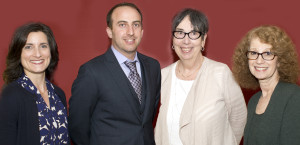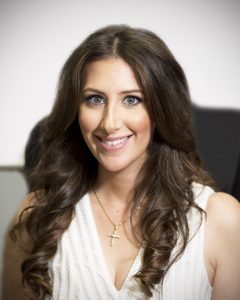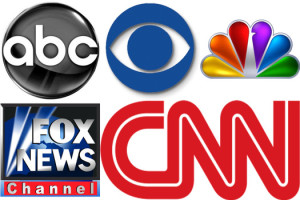 The Central New Jersey Patch.com news service recently ran an article on us! Check it out:
The Central New Jersey Patch.com news service recently ran an article on us! Check it out:
MANALAPAN, NJ -- Oftentimes during the holiday season, people who use hearing aids without advice or guidance from professional audiologists are left at a disadvantage around the dinner table. Even worse, they may not even be aware that their hearing aids are ill-fitting, leading to conversations peppered with requests to repeat jokes and stories from family and friends.
“We get patients who have had bad experiences with hearing aids, through internet purchasing or big box purchasing,” said Dr. Eric Sandler, an audiologist with The Hearing Center in central New Jersey. “Proper hearing aid fitting is a part of the hearing healthcare process, but it is not the end of the process. We provide comprehensive hearing health care beyond just hearing aids.”
At The Hearing Center, Sandler said that comprehensive hearing healthcare, aural rehabilitation and hearing aid use reduces struggles users may have with non-personalized service by ensuring that hearing aids fit and function properly, in accordance with each individual’s needs. When going to an audiologist, patients “work with a doctorate-level expert, concerned with all aspects of hearing health care. Not at the place where they buy their toilet paper.” This expert advice can often make a critical difference, when contrasted with the experience of ordering online or going into a discount store.
“At The Hearing Center, each device is expertly programmed, not just to a cookie cutter formula,” Sandler said. “We are making sure that the hearing aids we fit are doing what we expect them to do because we verify fittings and each person’s hearing loss is different. The acoustics of the individual ears need to be taken into account as well.”
According to Sandler, patients of The Hearing Center know they are receiving a quality, FDA-approved hearing aid.
“There are regulations that are often skirted around with some of these sales channels,” Sandler said. “There are guidelines regarding what can be called a hearing aid. Items that are not hearing aids are called personal sound amplifiers, and those are not necessarily regulated by the FDA.”
Comparing personal sound amplifiers to vitamins in the health and wellness industry, Sandler said that FDA regulation is in place to protect consumers looking to improve their hearing.
“Like with unregulated vitamin supplements, you don’t always know what you’re getting or if what they are claiming is true,” Sandler said. “A lot of sound amplifiers aren’t cheap. They could be hundreds of dollars, which gives the illusion of quality. Then when patients have a bad outcome with them, they assume all hearing aids don’t work because they tried them out in a less-than-ideal way.”
Sandler’s practice works with medical professionals to guarantee that any medical issues are addressed prior to fitting hearing aids.
“We often work closely with physicians to make sure that medical issues are treated,” Sandler said. “We are doctorate-level audiologists who understand the science and physiology of the ear. [Hearing aid] manufacturers will often put lesser technology in big box stores, and they tend not to have the most up-to-date technology in those sorts of places.”
Sandler said that this lesser technology -- including recent efforts to consolidate hearing aid manufacturers and outlets where the devices can be purchased -- can be detrimental to unknowing patients.
“There has been a lot of consolidation in the industry, where hearing aid companies are buying practices,” Sandler said, noting that The Hearing Center remains independent and not tied to any particular hearing aid manufacturer or representative. “People don’t necessarily know when their practices are owned by a hearing aid company, whose employees are pushing those particular products.”
Sandler explained that while the cheaper price can be appealing to those on a budget, these compromise options would almost certainly not work as well in the long run.
“People will oftentimes shop around for price -- the more important thing is to shop for the provider that they are comfortable with,” Sandler said. “So many hearing aid products are similar across manufacturers. You need the audiologist that you feel most comfortable with to ensure that you adjust accordingly. A lot of places will advertise cheap hearing aids but won’t tell you that service terms may not be included or may be less comprehensive.”
One of the ways The Hearing Center helps patients adjust to hearing aids is with free classes led by Dr. Anne Michele Puglisi, the center’s audiologist who specializes in aural rehabilitation. These classes guide patients on exactly how to maximize the benefits they derive from their hearing aids. Staff is open to questions via email as well as on their very active Facebook page.
“We give patients access to us off-hours via email, where we can be very responsive and they are not limited to our office hours,” Sandler said. “I have patients who are traveling the world, and I can troubleshoot their hearing aids via email.”
In addition to the classes, patients can draw maximum benefit from hearing aids by utilizing the state-of-the-art technology employed at The Hearing Center that fine-tunes hearing aids and guarantees that they are at full working capacity in relation to each person’s particular hearing needs.

















